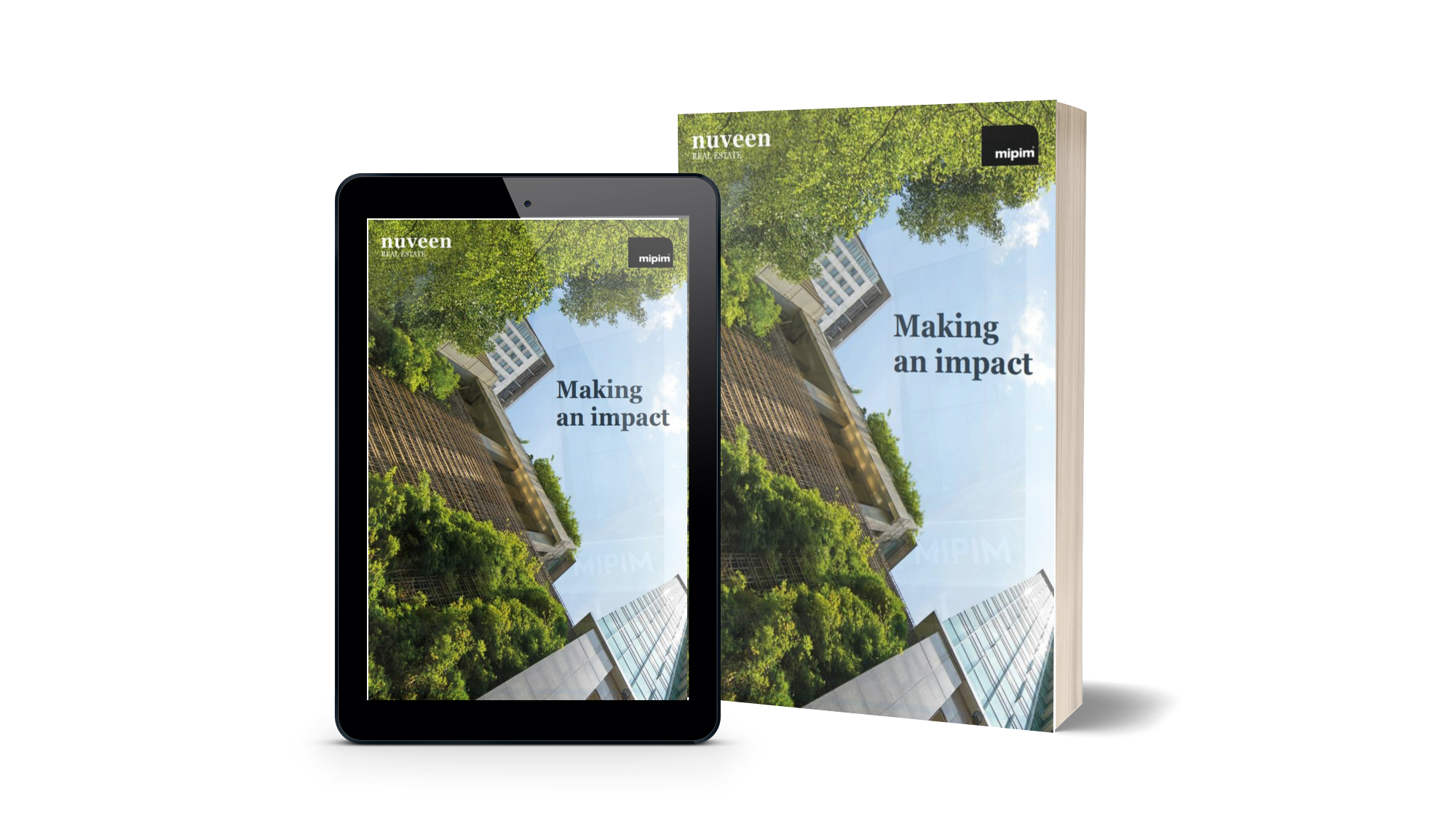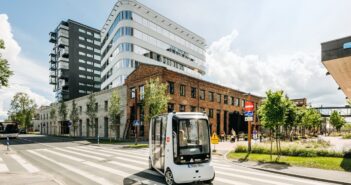We are living in the age of the city, and in particular, the megacity. To stand out and to compete as places to work, live and visit in this digital age, cities are taking an innovative approach to the services they provide – and no less so than in the hotel sector.
By 2030, 60% of the global population is on track to live in urban areas. At the same time, more people are travelling than ever before, with 1.2 billion international arrivals last year, half of which were in Europe (source: UNWTO).

"Making an impact"- White paper
Successful impact investing in real estate
The hotel as ‘integrator’
The hotel industry has responded with the opening of a new generation of hotels. Customer service is still paramount, and design and location fundamental.
What is changing is the role of the hotel as an urban ‘lifestyle’ centre. The new wave of urban hotels act as an exclusive gateway to the uniqueness of the local city and its people, offering its own ‘menu’ of carefully curated experiences for guests and neighbours, aka local residents, alike. Deloitte Consulting describes this new role of hotels as an ‘integrator with a job to play’– an integrator of experiences, people, cultures, spaces and processes.
On the luxury end, examples can be found at Maison Albar Hotel Paris C, with its Art Deco-inspired design, housed in a Parisian townhouse once the headquarters of Céline, the French fashion luxury house. In Japan, Hoshinoya Tokyo offers a modern, luxurious take on the Japanese ryokan, complete with hot spring, tatami mats and a Japanese tea ceremony.
The unique advantage – the shared space
The launch of Airbnb heralded the start of the disruption of the market for travellers’ accommodation. Nearly ten years later, their concept of providing ‘unique homes’ and ‘experiencing the city like the local’ has grown Airbnb’s network to over 3 million rooms, compared with the 1.2 million plus rooms of the world’s largest hotel chain, Marriott International. Airbnb’s growth has been phenomenal, and so has the growth of international travel. The UNWTO registered 300 million more international tourists travelling the world in 2016 compared with 2008, when Airbnb was founded. These figures paint a picture of there being room for all.
The smartphone & the age of personalisation
This call for a new type of hotel is being led, among other factors, by the smartphone and the arrival of Gen Z in the marketplace, the first generation to have never known a world without a smartphone. They seek personalised, authentic experiences for sharing – physically and digitally.
With this in mind, AccorHotels launched JO&JOE, a concept designed to bring together travellers and ‘neighbours’ in the JO&JOE Open House and as part of an online community. Another newcomer is Generator Hostels, which combines affordable luxury with social events in 14 hostels across Europe and in Miami.

"Making an impact"- White paper
Successful impact investing in real estate
Partnerships & non-traditional brands
Partnerships bring even more depth to experiences. The first JO&JOE Open House was opened in partnership with surf & snowboard brands Quiksilver and Roxy. The US Sydell Group, the name behind The Line hotels, went into partnership with members’ club Soho House & Co to open The Ned in the City of London in 2017. Non-traditional brands are also coming into the market. French crystal brand Baccarat opened Baccarat Hotel & Residences in New York in 2015. The hotel was sold by Starwood Capital Group to China’s Sunshine Insurance Group two months after it opened in 2015, and according to the Real Deal, it has become the most highly valued hotel in the US.
With the next big thing being experiential marketing, the position of hotels – from budget to luxury – as offering the ultimate lifestyle experience, is set to grow. No wonder that the sector, better known as a niche investment product, is now attracting its fair share of institutional investors.
Are you interested in the latest trends in real estate and the urban hotel sector? MIPIM 2018, the world’s leading property market, offers dedicated sessions on the urban hotel sector as part of its 2018 Conference theme, ‘Mapping World Urbanity’. MIPIM 2018 is on 13-16 March 2018, in Cannes, France.
Photo credit: Getty Images



